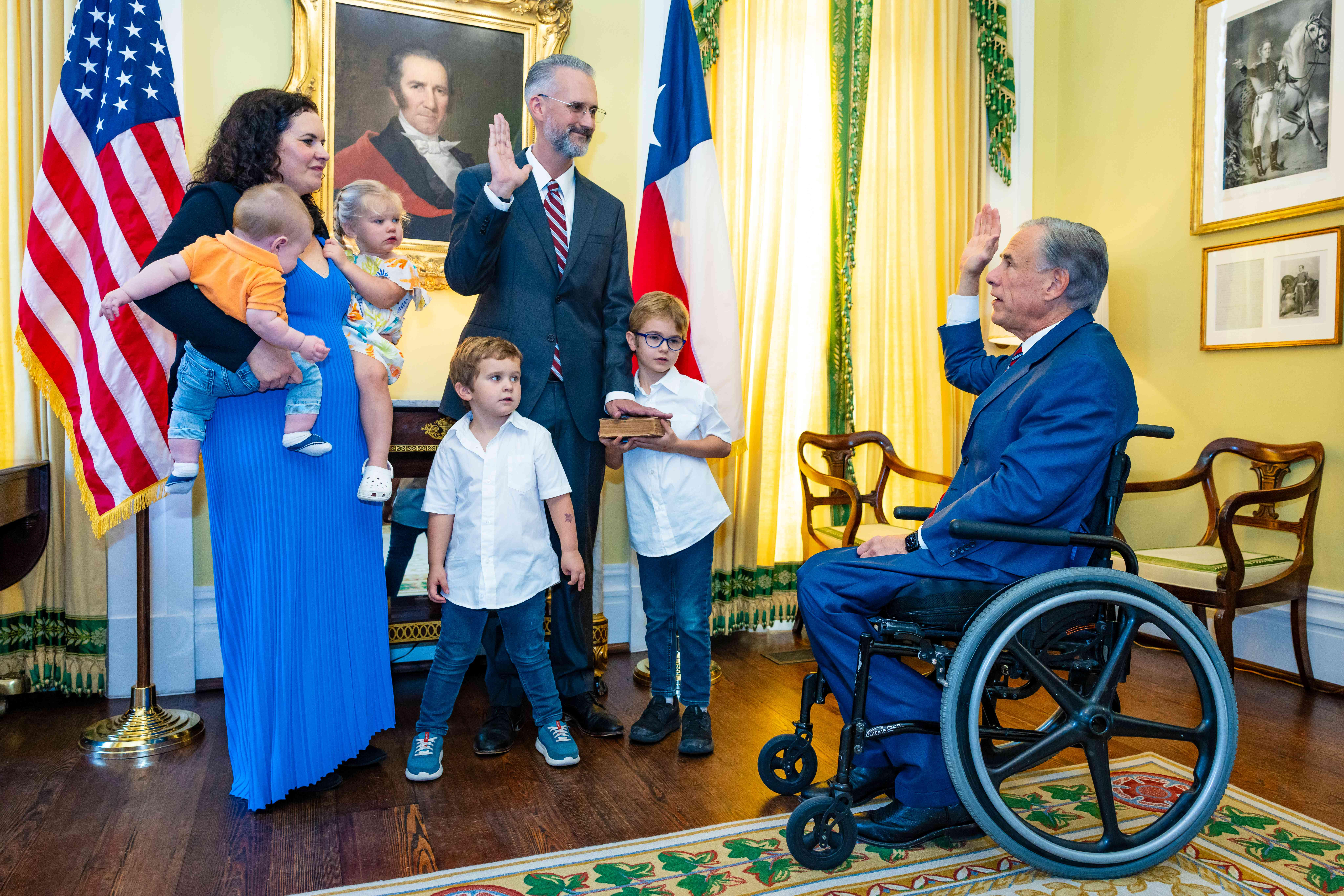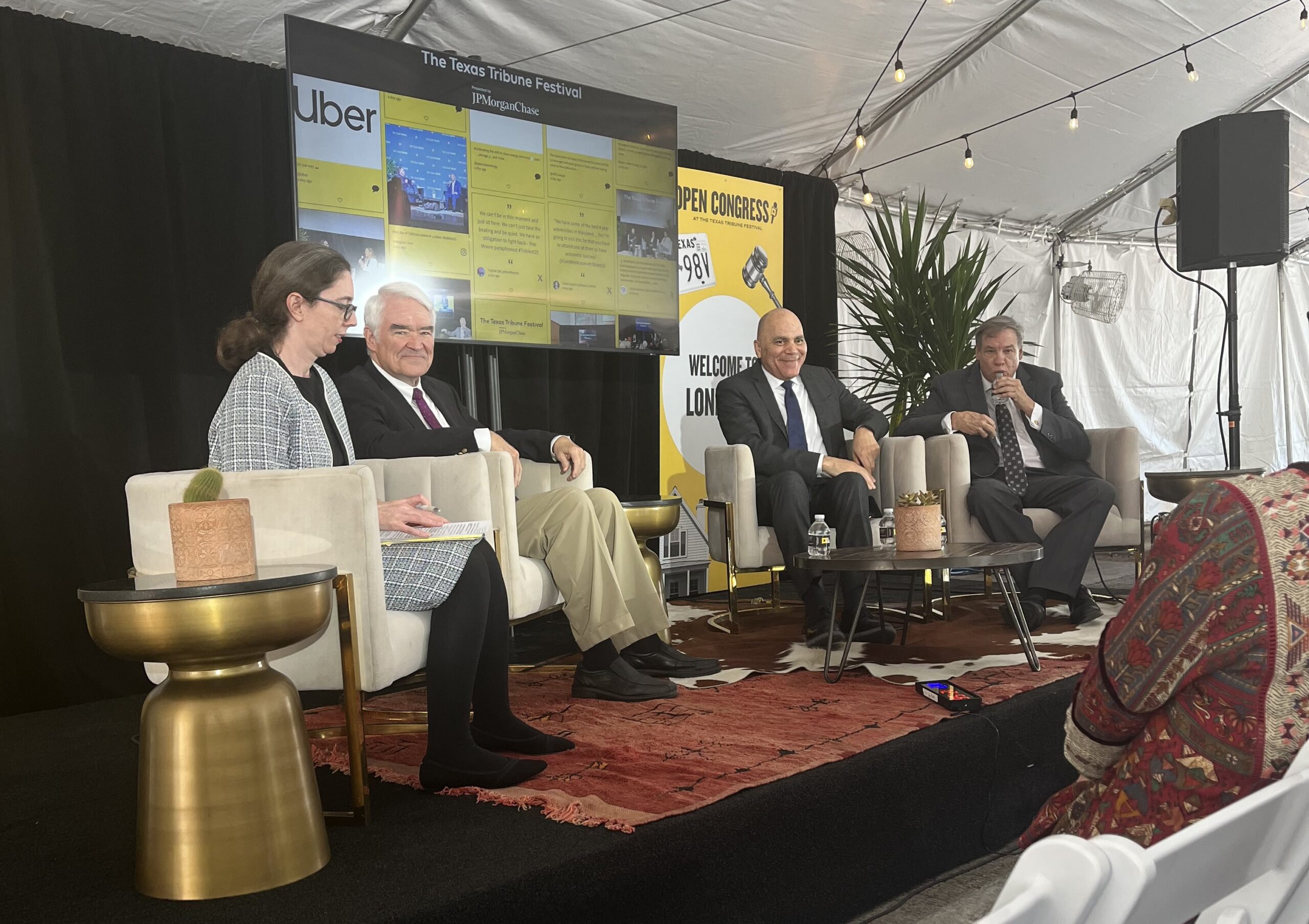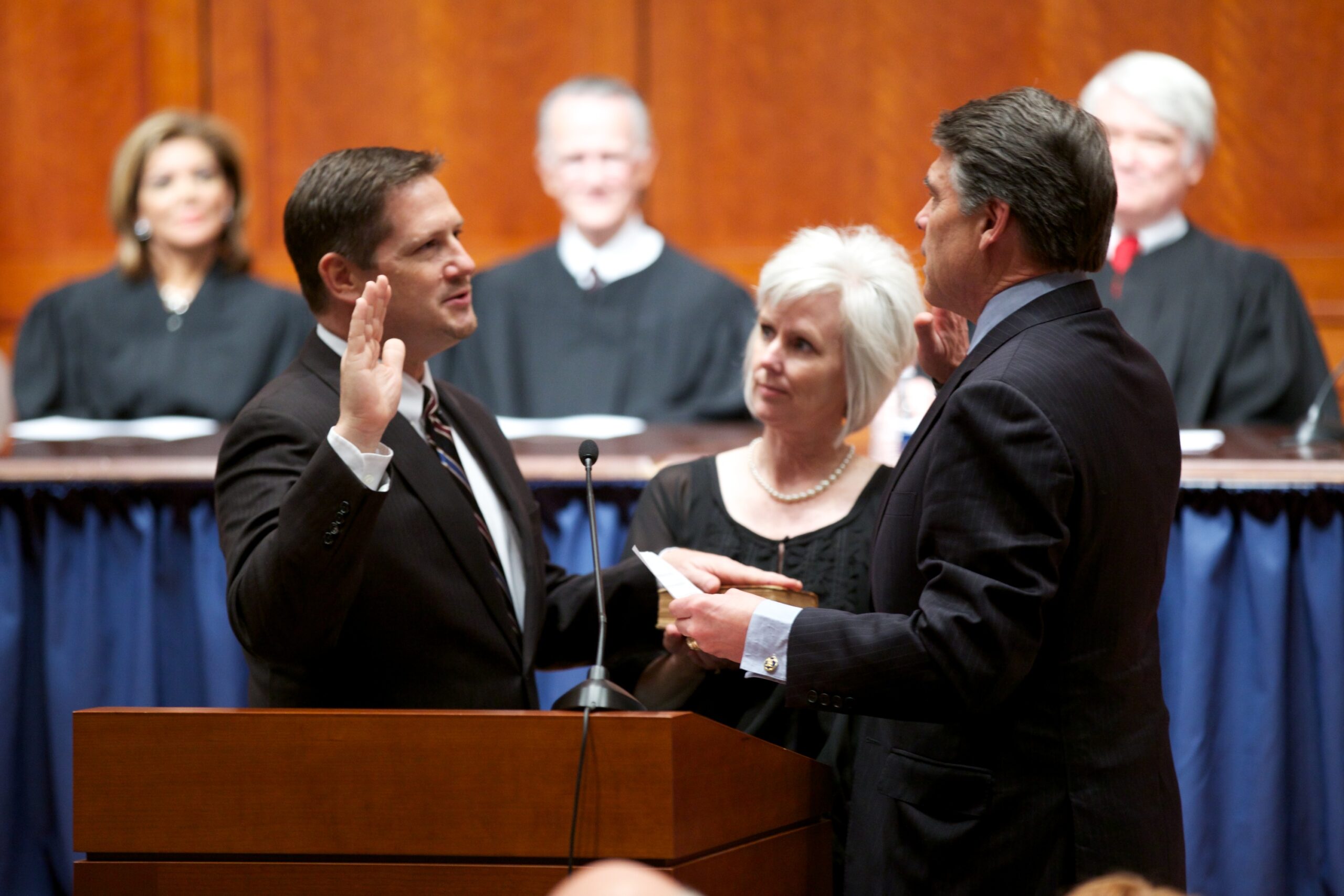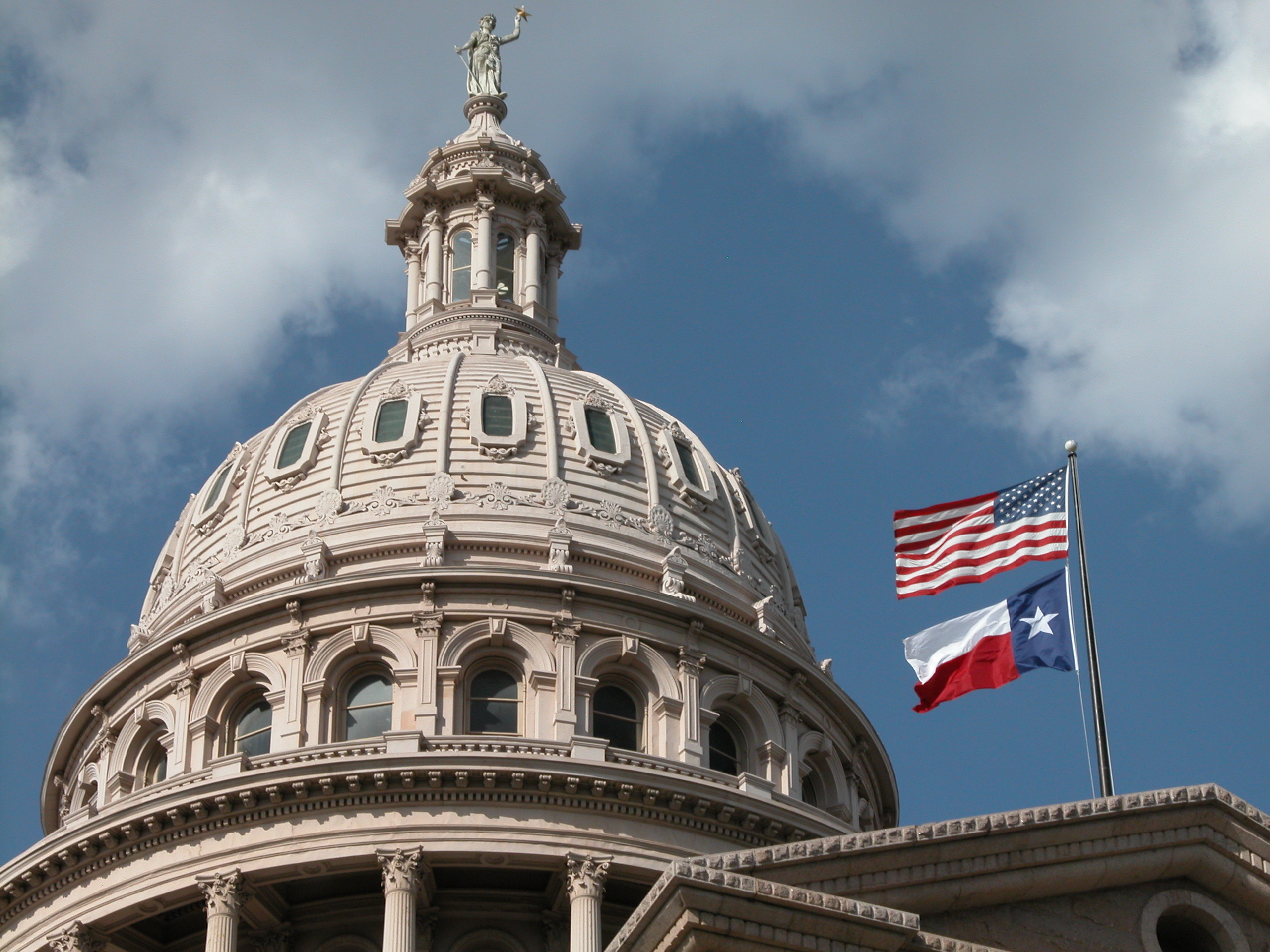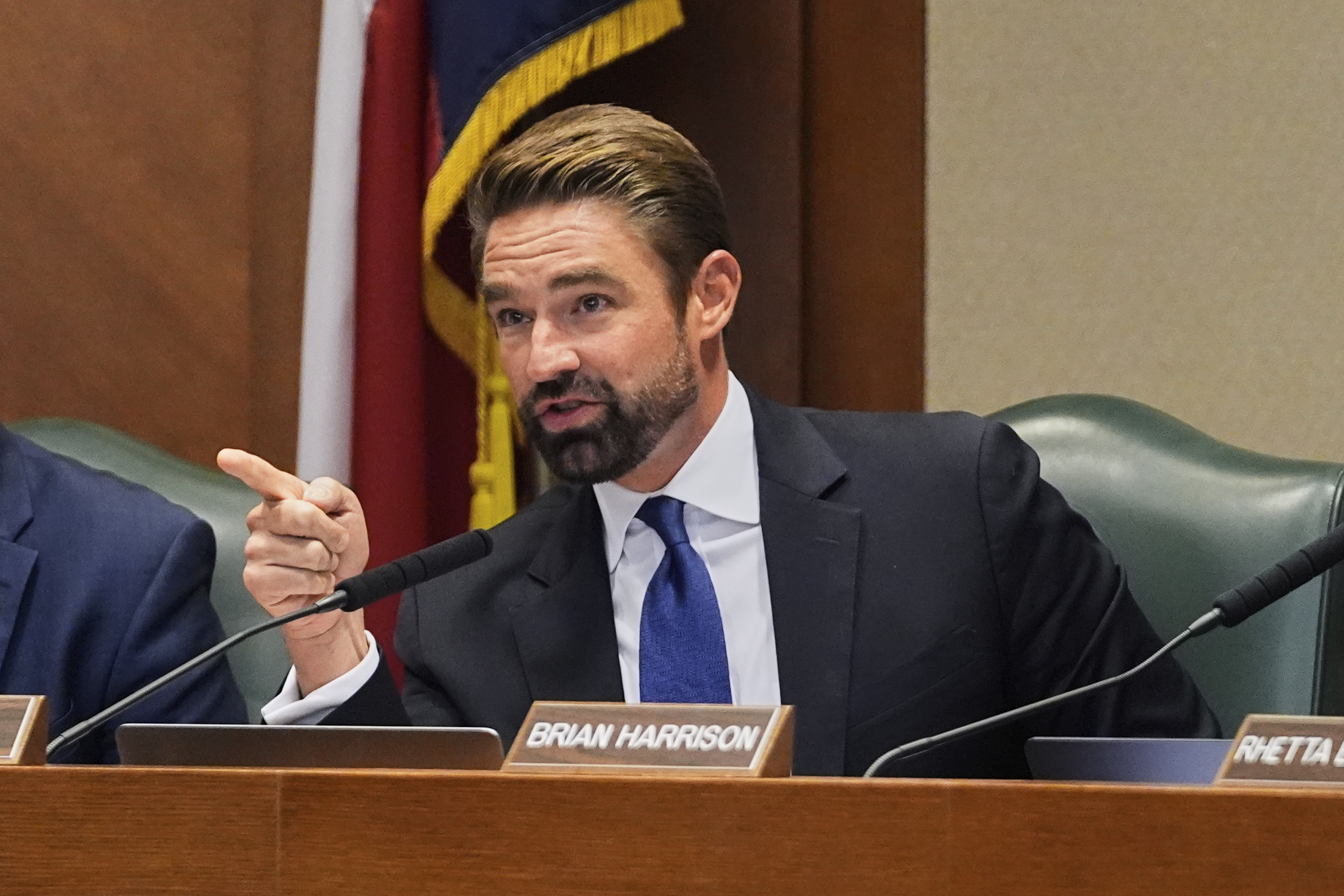Hot-Button Issues Shaped Kyle Hawkins’ Advocacy
Before he was appointed as a justice on the state’s highest court in October, Kyle Hawkins argued five cases before the U.S. Supreme Court and nine at the Texas Supreme Court. His advocacy included cases targeting abortion, the Affordable Care Act and New York’s school vaccination law. Hawkins’ appointment came shortly after he argued a tobacco tax case before the court he now sits on.
